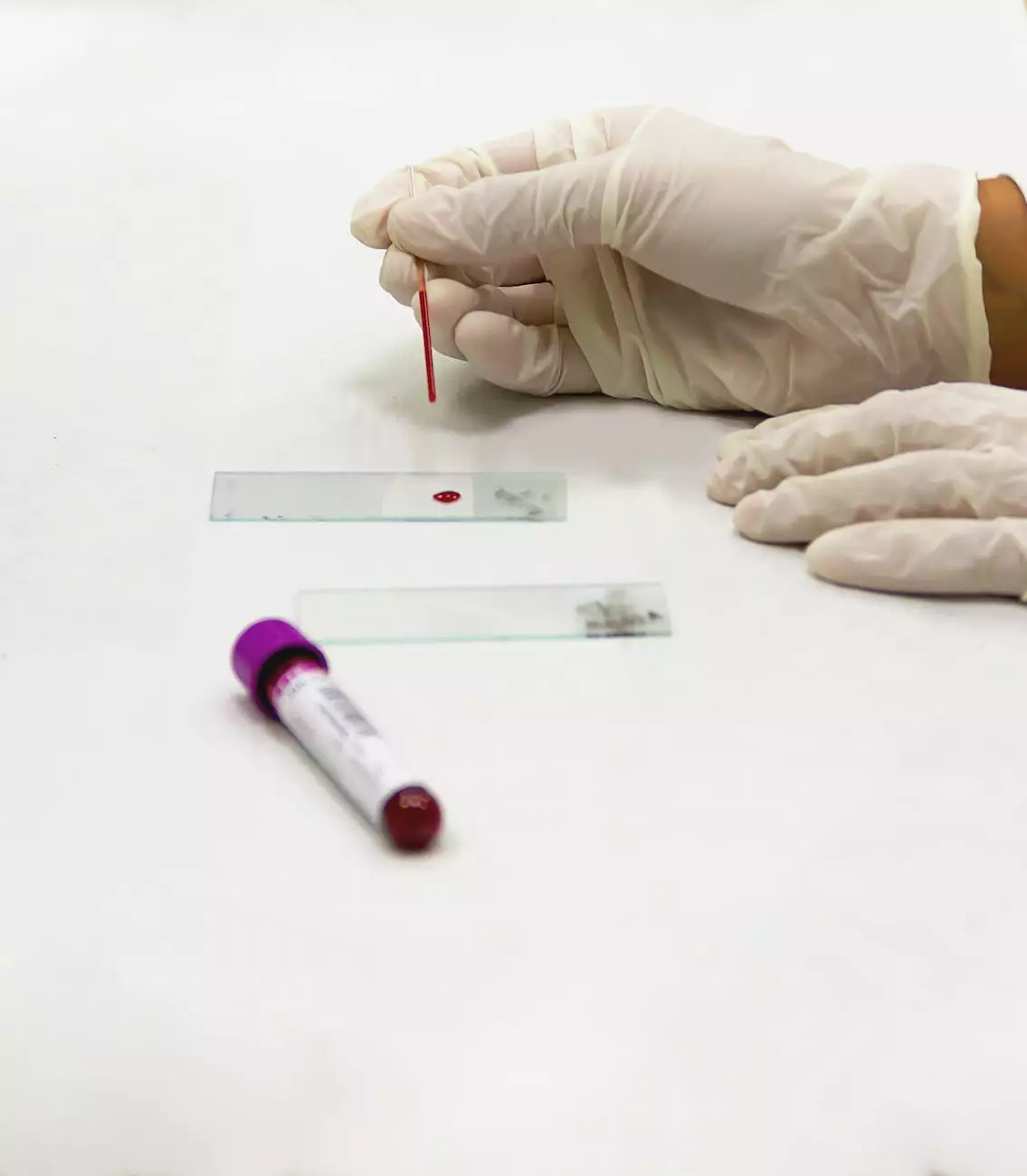Call a Snack a Meal, and You're Less Apt to Overeat
Blog
The Impact of Recognizing Snacks as Meals
As humans, our eating habits play a pivotal role in maintaining overall health and well-being. However, in our fast-paced modern society, it's easy to fall into the trap of mindless snacking, leading to overeating and subsequent weight gain. Bowling Orthopaedics is here to shed light on a simple yet effective strategy to combat such habits - redefining snacks as meals.
The Psychology Behind Snacking
When we typically think of snacks, we envision quick bites to curb hunger or satisfy cravings between main meals. However, this narrow perspective can contribute to overeating since snacks are often seen as less significant or less filling. By acknowledging snacks as meals, we reshape our mindset and give them the attention they deserve.
Understanding Nutritional Balance
The quality of the food we consume, regardless of its classification as a snack or a meal, greatly impacts our overall health. Bowling Orthopaedics emphasizes the need to ensure nutritional balance in both snacks and larger meals. Including a combination of macronutrients - proteins, carbohydrates, and healthy fats - in every eating occasion helps maintain stable energy levels and promotes satiety.
Strategies for Transforming Snacking Habits
Here are some practical strategies you can implement to successfully incorporate snacks as meals:
1. Mindful Snacking
Instead of mindlessly grabbing a bag of chips or a candy bar, approach snack time with intention and mindfulness. Take a few minutes to prepare a well-balanced plate, including fruits, vegetables, whole grains, and protein sources. Engaging your senses and appreciating the flavors and textures of your snack-meal helps break the cycle of unconscious eating.
2. Portion Control
When referring to snacks as meals, portion control becomes crucial. Aim to consume moderate-sized portions that provide adequate nourishment without leaving you feeling overly full or deprived. Balancing the quantity of food you consume during snack-meals with your current level of hunger helps prevent overeating.
3. Snacking Frequency
To keep your metabolism active and maintain stable blood sugar levels, spacing out your snack-meals throughout the day is essential. Rather than relying on a single significant meal and several unhealthy snacks, commit to consuming smaller, nutritionally dense meals more frequently. This practice supports better digestion and ensures your body is consistently fueled.
4. Nutrient-Dense Choices
Make the most of your snack-meals by opting for nutrient-dense choices. Incorporate a wide variety of fruits, vegetables, whole grains, lean proteins, and heart-healthy fats into your daily snacking routine. Choosing foods packed with essential vitamins, minerals, and antioxidants enhances your overall well-being.
5. Plan Ahead
Preparing your snack-meals in advance is an excellent way to avoid impulsive unhealthy choices. By planning and organizing a range of nutritious options, you ensure that your snacks are readily available and convenient, reducing the likelihood of grab-and-go unhealthy snacking.
Conclusion
Redesigning how we perceive our snacks can have a transformative effect on our eating habits, preventing overeating and promoting a healthier lifestyle. At Bowling Orthopaedics, we believe that by treating your snacks as meals, you give them the value they deserve and become more conscious of your food choices. Implement these strategies and witness positive changes in your overall well-being.




